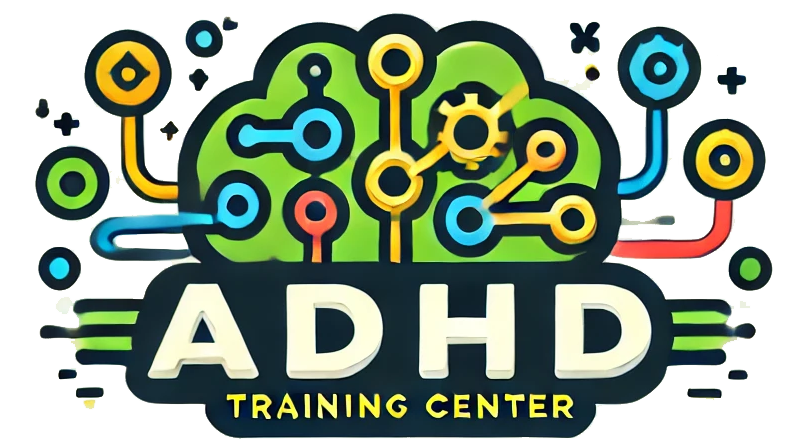Parenting a child with ADHD is both rewarding and challenging. We are programmed, as individuals, to cope better with neurotypical development – and most of us have a difficult enough time doing that without getting frustrated. When a child has ADHD – and its associated behaviors, such as impulsivity, hyperactivity, and inattentiveness – it can be very testing on our patients.
Frustration is a natural response to these challenges, but when left unchecked, it can negatively impact both the parent-child relationship and the child’s development. We have to rethink how we both see ADHD symptoms and how we manage frustration and behaviors around them to create a more effective, and supportive learning environment.
Why Frustration Happens
Raising a child with ADHD often means dealing with unpredictable behaviors, lack of focus, and repeated struggles that may test even the calmest of parents. Common triggers for parental frustration include:
- Difficulty Managing Impulsivity – Children with ADHD may act without thinking, leading to disruptive behavior, accidents, or frequent corrections from parents.
- Inattentiveness – When children don’t seem to listen or follow directions, it can feel like they are disregarding parental authority, which can quickly build frustration.
- Hyperactivity – Constant movement, noise, and the inability to settle down can create a stressful home environment, especially when parents are trying to maintain order.
We lead extremely busy lives, and when a child cannot finish their food, or get dressed in the morning, or disrupts an important conversation because they struggle with ADHD, it is natural for that to be challenging to manage. We all get overwhelmed as parents, and those issues can be overwhelming and frustrating at times.
The Impact of Parental Frustration
That said, part of our parent coaching service here at ADHD Training Center is designed to teach how and why it’s important to reign in some of that frustration, and learn to teach rather than punish.
Reacting in anger may momentarily relieve the parent’s stress but can harm the child emotionally. This can damage the parent-child bond and lead to feelings of guilt or regret. In addition, specifically for children with ADHD, yelling and punishment can be problematic.
One thing to remember is that children with ADHD have a neurodevelopmental struggle. It is not that they want to act out in a specific way, but rather they are currently not equipped with the developed skills necessary to address it. Yelling and being too frustrated can lead to challenges such as:
- Mental Health Struggles – Children and teens with ADHD are more likely to develop anxiety, depression, and stress than their neurotypical peers, and punishment is one reason why. Children with ADHD are more likely to receive punishment throughout their young lives, leading to poor self-esteem and poor coping.
- Acting Out – Children with ADHD may already struggle with acting out, especially if they have issues with impulsivity. When that same child is yelled at often, they may become more likely to act out intentionally, creating a cycle of negativity that can hurt their development further.
- Repeated Behaviors – In general, children learn how to manage their emotions by observing their parents. If they see frustration leading to anger or outbursts, they may adopt similar responses to stress.
It can be so difficult to manage frustration. But it is important to do so, especially for children with ADHD and executive function disorder that may not have the ability to avoid the frustration inducing challenges.
Parent Coaching to Help Manage Frustration in Children with ADHD
Your child likely brings so much joy into your life. But raising all children is difficult, and a child that has ADHD can potentially have difficulties you may not be prepared for. That is why we offer our parent coaching services. Our goal is to help you learn to manage frustration, replacing punishment with more positive behaviors, and help you better understand how you can help your child.
It’s natural to feel frustrated. It also doesn’t make you a bad parent. But there are so many advantages to learning to parent your ADHE child more successfully, that it is still a good idea to learn tools and techniques that can reduce frustration and, ultimately, punishment.
If you are interested in learning more about our parent coaching services, please contact ADHD Training Center, today.


